Written by Jolanda Nava, Change Maker
Daryl Yang is a 22-year-old enrolled in the Yale-NUS/NUS Law Double Degree Programme. He is also the President of Yale-NUS’ Gender & Sexuality Alliance. I decided to interview him to find out what he thinks about change and change-making.
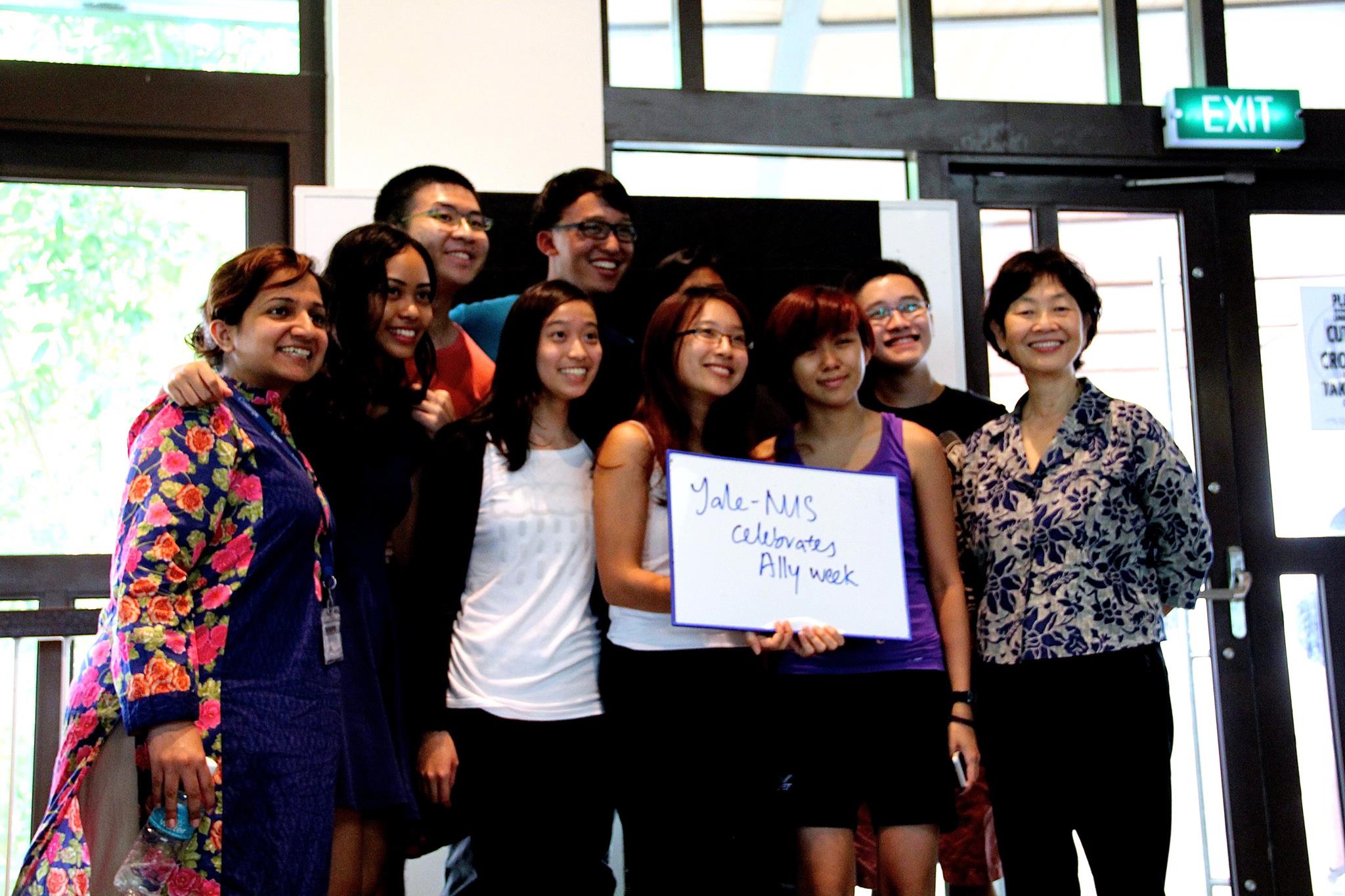 What do you think are some of the problems that you see with gender around you?
What do you think are some of the problems that you see with gender around you?
Generally there is a lack of conversation and understanding of this very complex idea of gender. As a result, most people have very fixed ideas about what a boy or a girl should be and this leads to people who don’t fit into these boxes to be considered deviants, “problems” that need to be fixed.
I also find that gender in our society is defined by ideas of family and parenthood, in part because of the national campaign to increase birthrates. If you’re a woman, your “goal” should be to find a husband and have children; if you’re a man, you should be a breadwinner and take care of your household. This creates unfair and unrealistic expectations. I have friends who cannot accept that their girlfriends earn more than them, because of this idea that the man should be the breadwinner. Others feel like they have to keep up with this “I’m strong, I don’t have feelings” persona because they think that is what it means to be a man.
How then, do you start change?
“Change” is a big word and sometimes it feels scary to think about changing society. But I believe it is important we recognize that change does not happen quickly or overnight. It is going to take a long time before we can see the change we are advocating for, but we have to start somewhere, and spreading ideas is a good place to start from.
I think change starts with small things, like challenging stereotypes in your casual conversations with friends or just changing the language you use. It is about asking questions that can start a deeper reflection. When your friend tells you he doesn’t think he can accept it if his future wife earns more than him, ask them why they think so. Get them to think about where those ideas come from. It is about not saying things like “man up” or “don’t be such a girl”, because they perpetuate and reinforce negative stereotypes about what it means to be a guy or a girl.
We cannot be trapped by the idea that things have to change now, or we are going to feel discouraged and start thinking it is a lost battle. But every one of us can do small things to push a little, and we should recognize that each of us can only play a small yet important part. You have to put things into perspective.
Do you think that change starts with people, or with laws?
I think legal and social change have an interactive relationship. It is hard to say whether one should come before the other because there are pros and cons to either of them coming first. But they are not mutually exclusive, they should go hand in hand.
Different members of the community should advocate change in different areas of the community and at different levels. Personally, I am not yet able to advocate for legal change [Daryl is currently enrolled in the double degree of Liberal Arts + Law] but what I can do is influence the community and people around me.
 What do you do, personally, to start change?
What do you do, personally, to start change?
I try to make myself someone that people can approach and talk to about these things. I want to achieve change through dialogue and conversations, so I try to be someone people can reach out to; I try to create a place around me where people can feel safe.
Sometimes we get angry when we face people that are ignorant or negative or pessimistic, and we respond in a way that does more harm than good. I think it is extremely important to develop the ability to put the anger aside and respond in a more helpful way. Shouting at someone will not help, we have to think about the kind of support we offer each other when we advocate change. The important question is: how are we helping the person in front of us to change?
Often we feel trapped within these social structures. Your friend might agree with you that what they are experiencing comes from social expectations, but they are still stuck in that position and they might find it impossible to escape. So it is important to help creating an environment that allows people to feel comfortable about themselves and to find a way out.
Is there an example of small changes that you have witnessed?
Two semesters ago we hosted a panel on gender, it was only a conversation about it. Yet, it led some people in the audience decide that they wanted to do something for the transgender community, which lead to a small project aimed at fundraising and raising awareness. Even if the panel was just people sharing their experiences, the ripple effects were many.
Most importantly, I think when you do something, no matter how small, it will help encourage and inspire people to do something too.
About the author: Jolanda is a university students learning about international relations and having fun with programming classes. She not-so-secretly enjoys challenging gender stereotypes and when she grows up she wants to be a superhero.
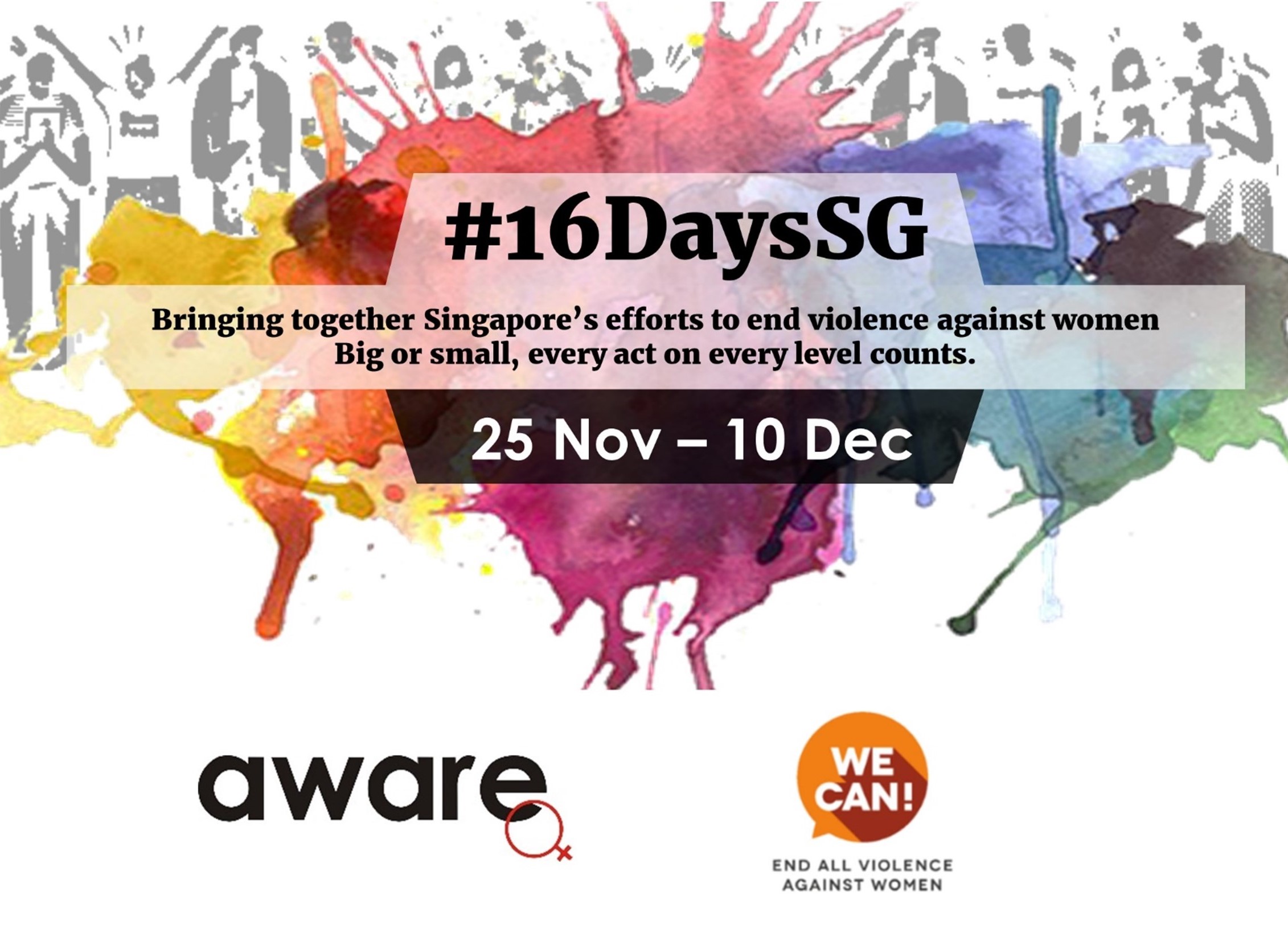

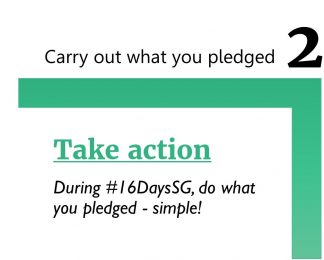
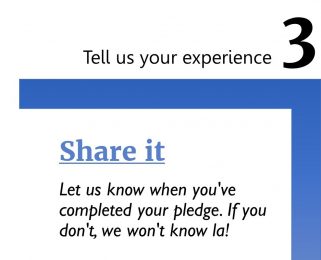
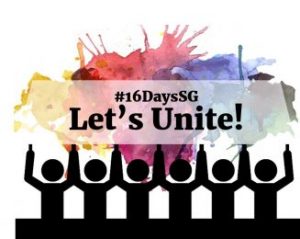


 You’re with some friends and someone makes a sexist comment. What do you consider before you lurch into a conversation about their words? Perhaps think about your bandwidth for dialogue: do you have enough time and energy to exchange ideas? It’s okay if you don’t – we are not obliged to advocate when we don’t feel safe or comfortable doing so. We might also feel ill-equipped with facts. But there are other ways to put across our opinions besides rattling off stats and quoting studies. Even a simple “I feel uncomfortable with what you just said” can be useful in starting to call out casual sexism and other prejudices.
You’re with some friends and someone makes a sexist comment. What do you consider before you lurch into a conversation about their words? Perhaps think about your bandwidth for dialogue: do you have enough time and energy to exchange ideas? It’s okay if you don’t – we are not obliged to advocate when we don’t feel safe or comfortable doing so. We might also feel ill-equipped with facts. But there are other ways to put across our opinions besides rattling off stats and quoting studies. Even a simple “I feel uncomfortable with what you just said” can be useful in starting to call out casual sexism and other prejudices.


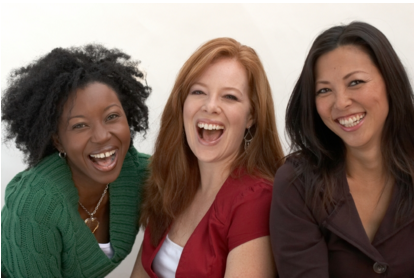
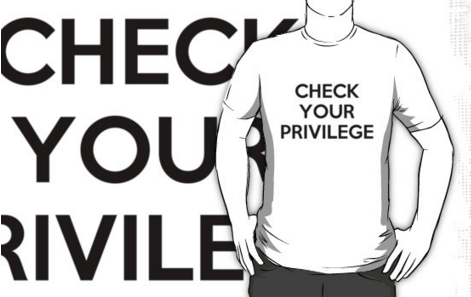




 People aren’t always going to pat us on the back for speaking up. In order to spark real change, men need to be okay with starting conversations that nobody wants to have, and dealing with discomfort. You need to listen keenly to women’s experiences and take them seriously.
People aren’t always going to pat us on the back for speaking up. In order to spark real change, men need to be okay with starting conversations that nobody wants to have, and dealing with discomfort. You need to listen keenly to women’s experiences and take them seriously. 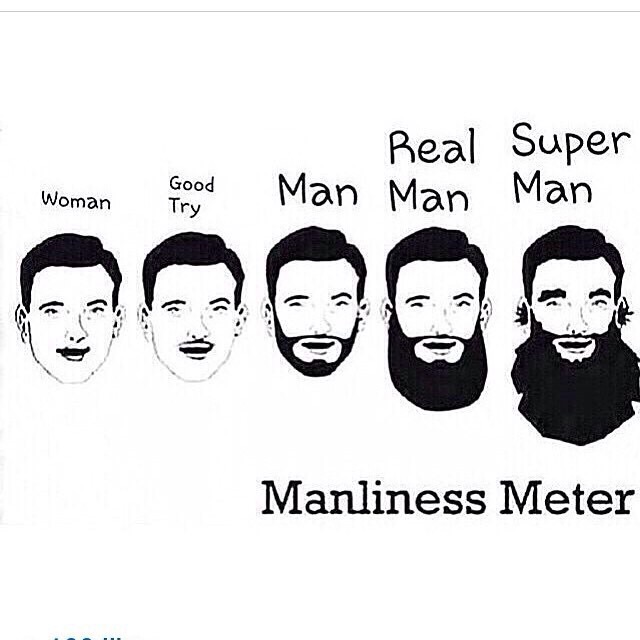



 At the risk of simplifying the issue, I would appeal to the users of the “TATRP” argument to stop. By using victims of violence to silence feminists, you are using real people, with real experiences and emotions as a tool, an object to get your way. They may not directly experience your flippant cruelty, but it shuts down any form of viable discussion with members of your own society. I understand that it may not have been your intent, but I would ask that you hesitate before you adopt a “TATRP” tone; devaluing one’s struggles does not help alleviate the other.
At the risk of simplifying the issue, I would appeal to the users of the “TATRP” argument to stop. By using victims of violence to silence feminists, you are using real people, with real experiences and emotions as a tool, an object to get your way. They may not directly experience your flippant cruelty, but it shuts down any form of viable discussion with members of your own society. I understand that it may not have been your intent, but I would ask that you hesitate before you adopt a “TATRP” tone; devaluing one’s struggles does not help alleviate the other.
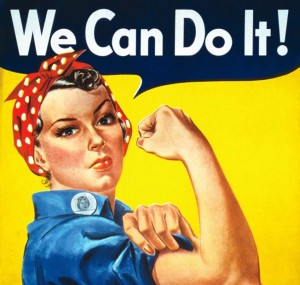

 What do you do, personally, to start change?
What do you do, personally, to start change?